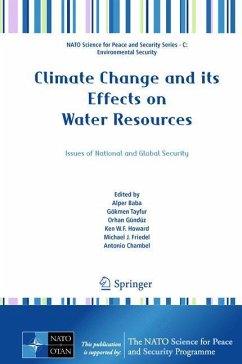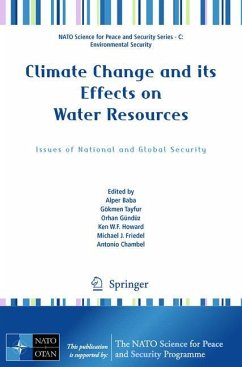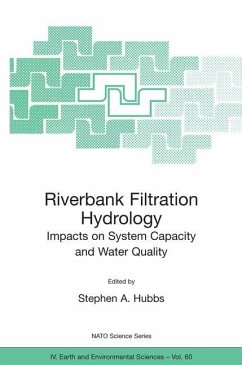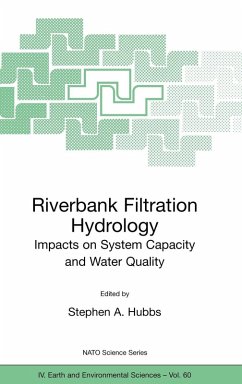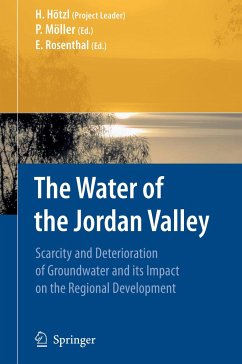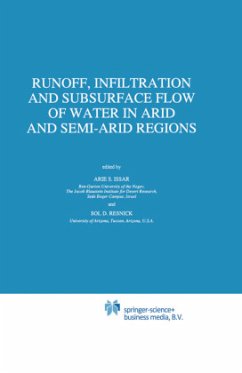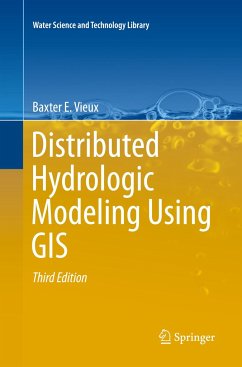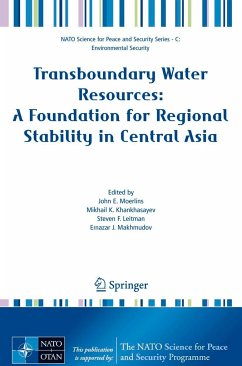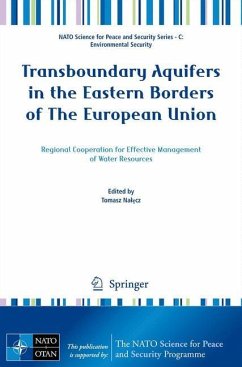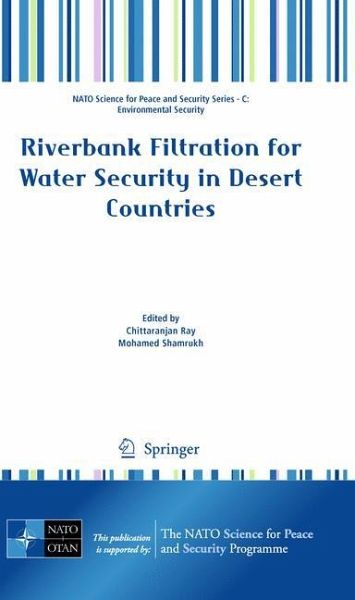
Riverbank Filtration for Water Security in Desert Countries
Versandkostenfrei!
Versandfertig in 6-10 Tagen
151,99 €
inkl. MwSt.

PAYBACK Punkte
76 °P sammeln!
Riverbank filtration is a low cost, yet efficient water treatment technology. It has most potential to provide safe drinking water to large cities located along rivers or lakes. In particular, it is ideal for large population centres in developing countries, where the cost of building extensive treatment facilities is prohibitive. Water filtration can be successfully implemented using naturally occurring sand and gravel along the river/lake banks. The cost of water produced by this means is much lower than that of water treated in conventional treatment plants.Authored by a multi-disciplinary ...
Riverbank filtration is a low cost, yet efficient water treatment technology. It has most potential to provide safe drinking water to large cities located along rivers or lakes. In particular, it is ideal for large population centres in developing countries, where the cost of building extensive treatment facilities is prohibitive. Water filtration can be successfully implemented using naturally occurring sand and gravel along the river/lake banks. The cost of water produced by this means is much lower than that of water treated in conventional treatment plants.Authored by a multi-disciplinary team of experts, this volume addresses the scientific basis of the filtration process, and also numerous topics of importance for the planning, technical realization, and security of such plants. Their application for the removal of relevant chemical pollutants and a variety of pathogens is analysed in detail.






